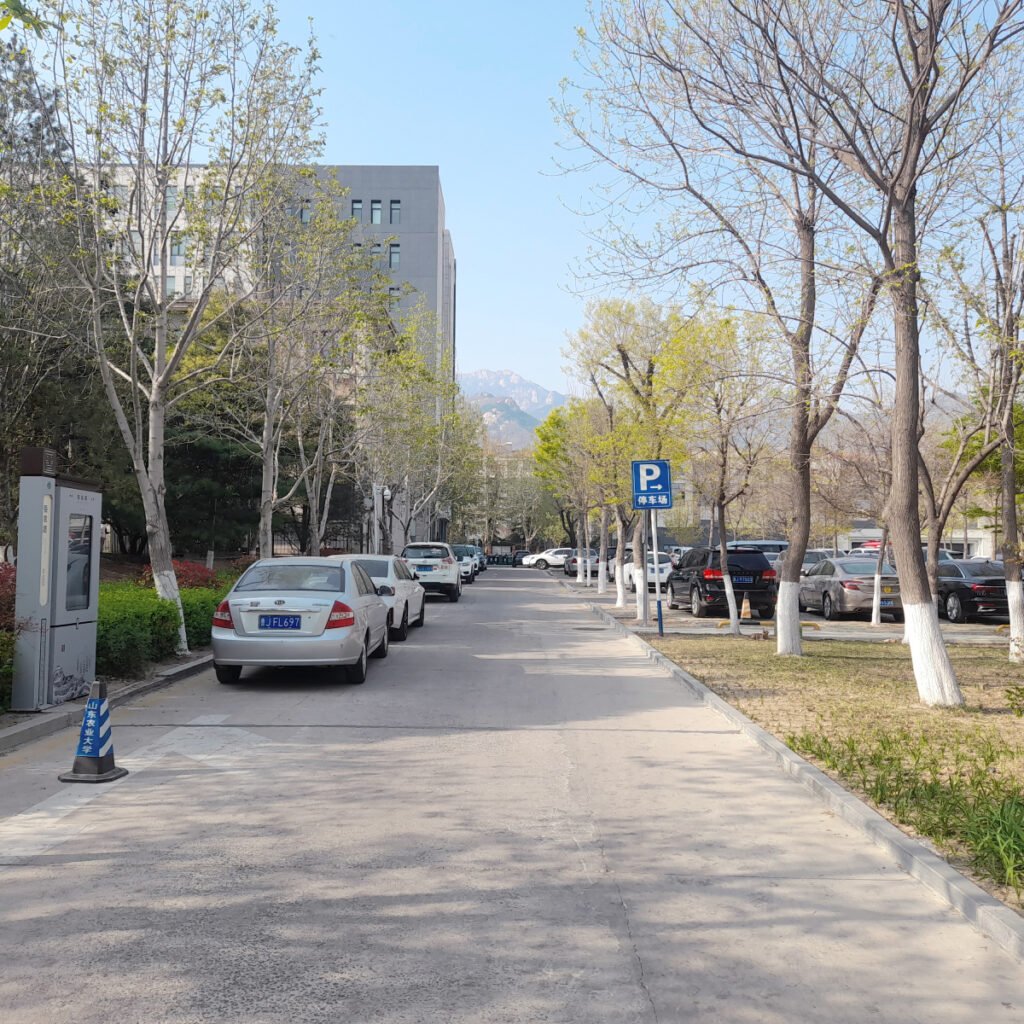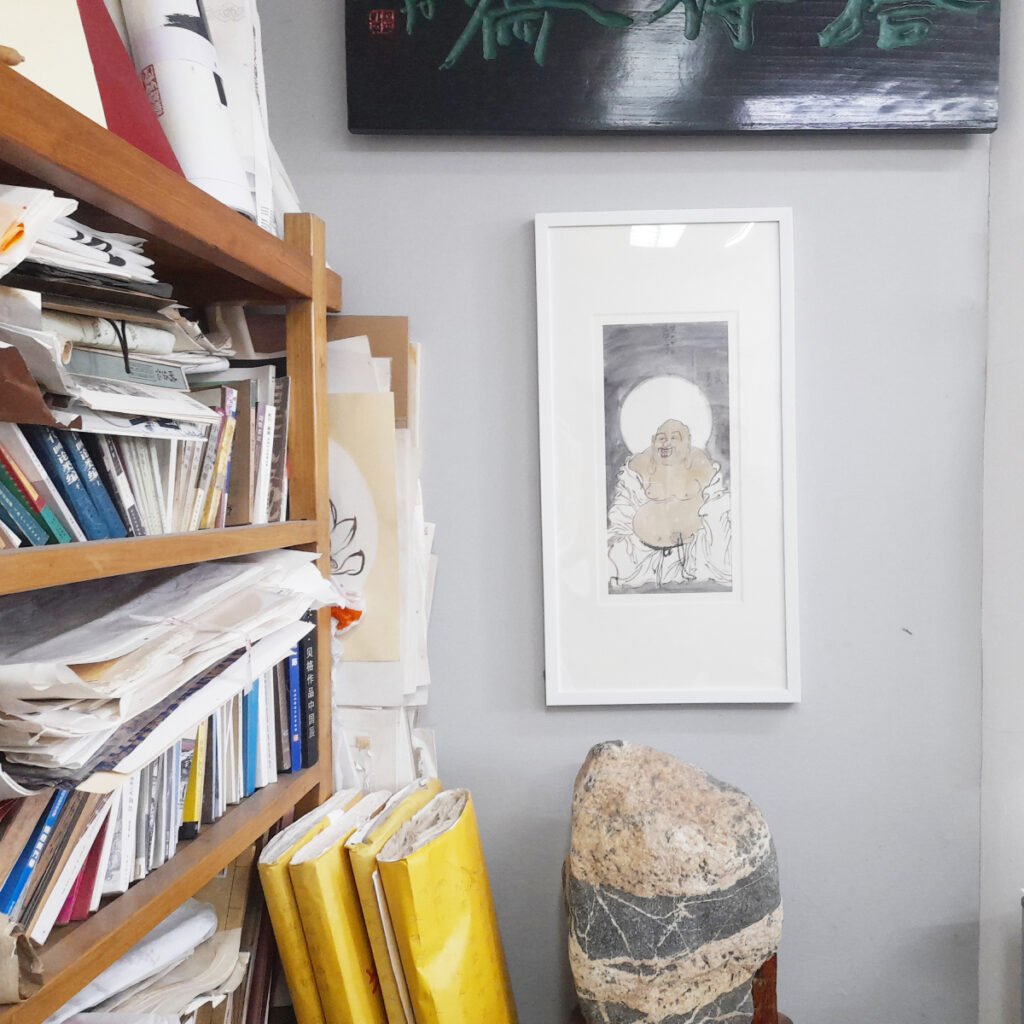articles
China Elevator Stories
Narcissism and the Illusion of Shared Values
Some narcissists enter your life pretending they share your values.
19/04/2025

Ruth Silbermayr
Author

Narcissists often come into your life pretending to be exactly what you want another person to be. Since I have a blog, some narcissists enter my life after they have stalked me online for a very long time. One adjusted his life in such a way that he worked on a project meant to draw me in and give the impression that he was a supporter of freedom—including the freedom of thought.
When I saw the project he had been working on, it gave the impression that we had similar viewpoints. I am someone who loves free-thinking people, who holds liberal views, and who supports people enjoying the freedoms mentioned in many constitutions.
We have certainly seen a wave of anti-constitutional values taking hold, and narrow-minded people taking over, spreading their ideas of imprisoning others—both literally and metaphorically—in Europe. While things used to be good in the past (or at least that’s the impression I had), they are horrific now. If you’re anything close to a truth-teller, or a woman who has suffered at the hands of men, you’ll be constantly harassed, persecuted, and see people use authorities and court systems against you on a continuous basis.

I am also an independent thinker. I enjoy it when thoughts are allowed to flow freely, and when people think freely. What I’ve experienced in Austria and Germany is that a group of people has grown quite large—those who want to censor other people’s thoughts. Censorship can take many forms, such as not allowing minority groups to share their thoughts and experiences, bullying them until they take their own lives (there have been a few victims of this kind of bullying), and persecuting them horrifically when they do share their thoughts and opinions. These people feel entitled to act “not in accordance with the law,” censoring others’ opinions, putting them down, and even going after their lives when they speak up.
You may simply be pointing out facts—like an abuser abusing you, a stalker stalking you, or a rapist having raped you. Once you speak the truth, know that most people won’t like it. Some will shun you for speaking up; others will paint you as the perpetrator, not the actual one. Still others may run to the police and report you for slander. But how are we supposed to stop what has taken hold in Austrian and German society if women aren’t even allowed to go to the police and report stalking, rape, or death threats—without having to fear punishment?
I have left Europe after experiencing years of persecution by various malignant narcissists (most of them men), though I may need to return if my residence permit runs out. The persecution of minority opinions (which, in my opinion, were actually majority opinions—or at least opinions most people claimed to hold), the harassment of women and introverts (yes, you’ll be threatened with death if you’re an introvert simply being introverted—no joke—by extroverted malignant narcissists in Europe who can’t stand introverts being quiet and peaceful), the fact that stalkers and rapists are allowed to report their victims to the police freely so they can avoid the consequences of their actions, and all the other extreme dynamics happening in Central European countries such as Austria.
In my opinion, what we see in Austria and Germany is similar to what the Chinese author Wang Shuo (王朔) described happened in China a few decades ago (in the 1980s). China saw a rise in what he called 流氓 (liúmáng)—hooligans—as described in one of his books. These were young adult men without much purpose, often unemployed, hanging out in groups, forming gangs, beating people (often strangers), raping women, and generally threatening public order. China eventually introduced measures to counter this dynamic. I can’t tell you how many German and Austrian “liumang” I’ve come across in recent years. In my opinion, this phenomenon is observable—especially if you’re a woman in my age group who has experienced (sexual) harassment over and over again.
The spread of inceldom has, in my opinion, made this phenomenon worse. Men who join incel forums often already harbor negative views of women. These forums make them feel part of a larger group—one they see as “right” and “correct.” They feel safe in a space that spreads hatred and supports violence against women. Later, they may use that to justify their behavior and put you down for pointing out how wrong those views are—that they’re based on false assumptions about a large group of people. This isn’t just discriminatory—it puts women’s lives at risk, just for existing in this society.

I believe that China dealt with the phenomenon in a responsible way, taking it seriously because it needed to be taken seriously. I haven’t seen anything similar happen in Austria or Germany. Usually, when I speak up about these issues, people who lack experience either deny the truth outright, downplay it, or make me out to be the one exaggerating. But believe me—I’m not. I’ve encountered these people again and again and have been attacked by them again and again. You can also recognize them by another common belief many of them share: that mothers have no right to parent their own children (alone). But surely, in a free society, we should be able to discuss such things critically—without being prohibited from saying that we, as mothers, believe we have the right to protect our children from being hit, kidnapped, hidden at an unknown address, or harmed in other ways by their fathers—or from their mother being threatened with death. We have the right to talk about femicides and the horrific situations we’ve experienced.
The situation in Austria and Germany suggests the opposite. People who speak up about these horrific circumstances are silenced, persecuted, harassed, and made to stay silent in many different ways.

The right to freedom of expression is a fundamental right shared by many European nations. This right is described on mediafence.org as follows:
Freedom of Expression Under International Law
The United Nations was the first international entity to enshrine the right to freedom of expression in international law in 1948 with the UDHR. Article 19 states: “Everyone has the right to freedom of opinion and expression; this right includes freedom to hold opinions without interference and to seek, receive and impart information and ideas through any media and regardless of frontiers.”(1) This was the foundation of what later became Article 19 of the ICCPR. The rights contained under Article 19 comprise three core tenets:
– the right to hold opinions without interference (freedom of opinion);
– the right to seek and receive information (access to information); and
– the right to impart information (freedom of expression).

In his speech in February, 2025, American vice president JD Vance mentioned this problem, stating that freedom of expression is under threat in many European countries:
“The freedom to surprise, to make mistakes, to invent, to build — as it turns out, you can’t mandate innovation or creativity, just as you can’t force people to think, to feel, or to believe in something. And we think those things are certainly connected.”
I support people expressing their opinions freely, and I appreciate JD Vance speaking up. Though he is a vice president, it takes a lot of courage to speak out on such issues—especially in times like the ones we’re living through now.
Communication, when done this way, allows words to flow and energy to move freely, rather than remain blocked.
It’s a beautiful thing to witness—especially if you’re a truth teller, someone who speaks directly, and someone who has been silenced, repressed, or prevented from speaking out on exactly these kinds of issues. For a truth teller, speaking up about such matters usually comes naturally, and holding back the truth becomes impossible—especially once you’ve seen it with your own eyes.

A German politician later responded by denying that freedom of expression is under threat in Germany—a common tactic used by those who are either in denial or don’t want people to see what’s actually going on.
When I saw the book the stalker—who reported me to the police—had helped get translated, it gave the impression that he was a free thinker, a supporter of democratic values and personal freedom. I didn’t know then that this couldn’t be further from the truth. Many narcissists will draw you in initially, pretending they think just like you. Be aware: this is a common tactic. You may only discover later that they think nothing like you, that their speech couldn’t be further from what they truly believe, and that they were simply looking for a way to manipulate you.
Now, I didn’t read the book, because I don’t like stories of that kind, but I did sign up for the newsletter—something I cancelled after the first email. It was full of German grammar mistakes and didn’t sound professional. Not to say that people can’t make mistakes—but if you’re publishing a German translation of a book, your newsletter should at least show you have a good grasp of the language and are taking your work seriously.
He must have believed that, since I’m an avid reader and a free thinker—a supporter of liberal views and the freedom to share opinions—I’d be drawn in by a book on the topic of freedom. I don’t know how long he had been stalking me before initiating contact, but I believe it must have been a long time.
Have you ever encountered a narcissist who claimed they were just like you—only to find out that this couldn’t be further from the truth?